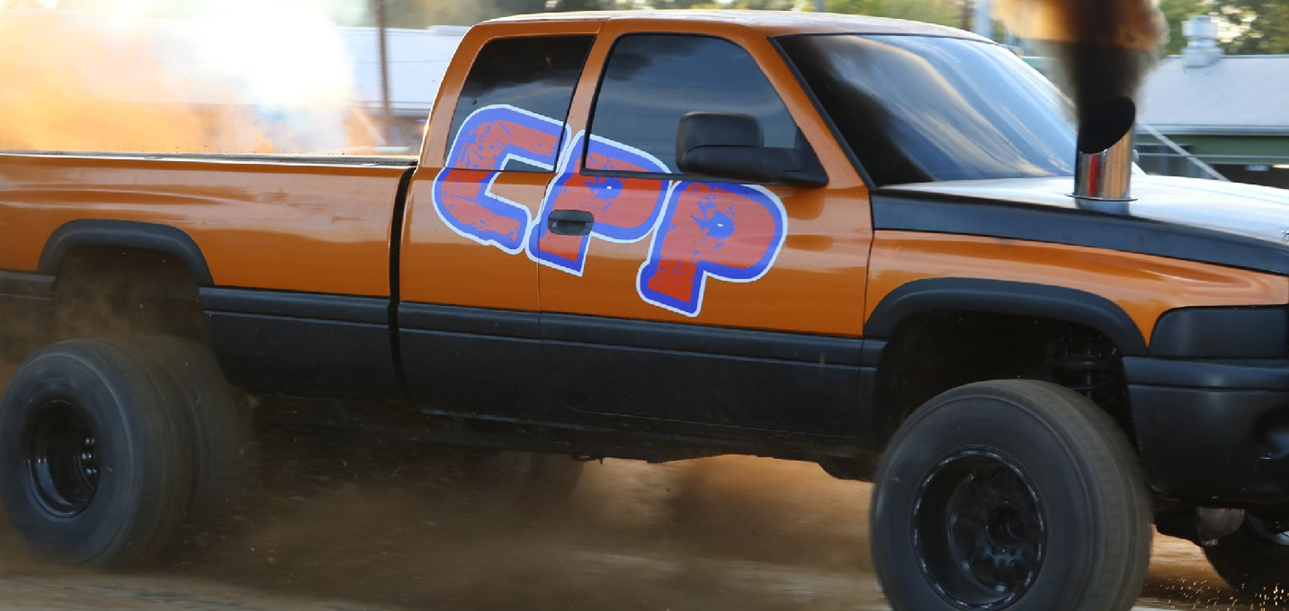There are no products listed under this category.


Unlock cooler exhaust gas temperatures (EGTs), quicker spool, and added power for your 2007.5–2012 Ram 2500/3500 6.7L Cummins with proven injectables such as water–methanol systems and (race-only) nitrous hardware. CPP Diesel curates parts that integrate cleanly with the 6.7’s common-rail platform so you can tow heavier, climb grades without de-fueling, or get that extra edge on the track—while watching critical temps.
Note: Some race kits are universal by design and install cleanly on 6.7L Cummins with basic plumbing, wiring, and mounting. Always confirm nozzle sizing, trigger strategy (MAP/boost or progressive), and failsafes for your use case.
Emissions & Safety: Certain components are for competition/off-road use only. Check your local and federal regulations. Install professionally and verify no leaks, proper routing, and secure bottle/tank mounting.
Do I need tuning to run water–methanol?
Not strictly, but a calibrated tune maximizes gains and ensures the ECM doesn’t fight added charge cooling. Regardless, always monitor EGTs.
What mix should I run?
A common starting point is 50/50 water–methanol (washer fluid with proper meth content works in a pinch). Increase flow gradually while watching EGT and knock sensors, and use an injection failsafe.
How much EGT drop can I expect?
Results vary by load and nozzle size; drops of 150–300°F are typical on towing/working trucks. High-power builds may see more.
Is nitrous safe on a diesel?
When set up correctly with conservative jetting and proper monitoring, nitrous can aid spool and top-end power. It is for race/off-road use only and demands EGT monitoring and adequate fuel/air supply.
Do I need head studs first?
For mild water–meth on a stock turbo, studs are recommended but not always required. If you tow heavy, run elevated boost, or use nitrous, upgrade to quality head studs before turning things up.
Where should I place the nozzle(s)?
Post-intercooler, in a straight section of charge pipe before the intake horn. Higher output builds often use two smaller nozzles for better atomization.
There are no products listed under this category.

